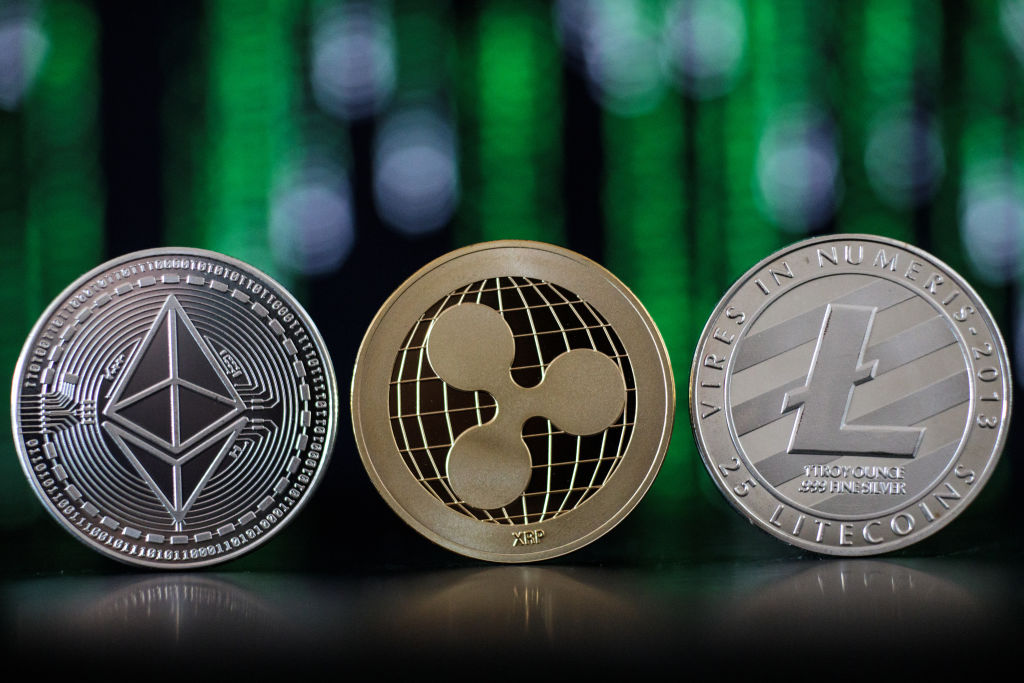Tokyo stocks fell amid concerns over Japan’s weaker industrial production
Japanese stocks fell after official data showed Japan's economic outlook on industrial output for October expanded weaker than expected. The steel manufacturers, insurers, shippers, as well as drugmakers led declines.
According to Bloomberg, the official data on Monday showed Japan's industrial production rose 1.4 percent in October from a month earlier. It showed weaker than economists forecasts for a 1.8 percent gain.
The Topix index fell 0.9 percent to 1,580.25 at the close in Tokyo, as all but three of its 33 industry groups dropped. The 225 issue Nikkei Stock Average dropped 0.7 percent to 19,747.47 on Monday.
But the benchmark index still managed to add 3.5 percent for the month, the Nikkei 225 rallied about 14 percent in 2015.
According to Business World Online, Toyota's stock fell to 0.09 percent to 3,175 yen, while rival Honda fell 0.27 percent to 4,002 yen. Meanwhile, the factory automation giant Keyence rose 2.60 percent to 67,000 yen.
Sony dropped 2.72 percent to 3,175 yen, Sumitomo Mitsui Financial Group fell 1.96 percent to 4,697 yen. One of the country's leading banks, Mitsubishi UFJ fell 1.2 percent to 793.8 yen.
The Japanese Shipper Mitsui OSK Lines Ltd. fell 3 percent to lead declines on the Topix Marine Transportation Index, which lost 1.9 percent.
Daito Trust Construction Co. rose 0.6 percent after daiwa Securities Group Ins. raised its investment rating on the real estate company.
The electronic component maker Ryosan Co. rose 6.4 percent, the highest since February, after announced it will buy back 4.2 percent of its shares.
Japanese energy stocks also showed declines. Inpex Corp dropped 1.6 percent and Japan Petroleum Exploration Co. slumped 1.9 percent. Crude oil prices fell 3.1 percent on Friday, heading for the largest monthly drop since July.
Chief Equity Strategist at Okasan Securities Co. Shoji Hirakawa said that Japanese stocks are overheating as they have kept rising since October. He added that the dollar is strong basically because a U.S. rate hike is expected and it is positive for Japanese corporate earnings.
While Co-Managing Director at Tyton Capital Advisors Martin King said, as reported on Reuters, that this week has been bumpy in Japanese stocks amid profit taking and concern about the strength of the yen against the dollar.
The slips continued headwind from China affecting Japan's exports and production will also ensure that the path upward in non-linear, Martin King added.
Japanese stocks have passed through China's slow economy growth to rank among the best performers in developed countries this year. The Prime Minister Shinzo Abe ordered an extra budget for the current fiscal year in a bid to boost economic growth and drive Japan out of the recession.












